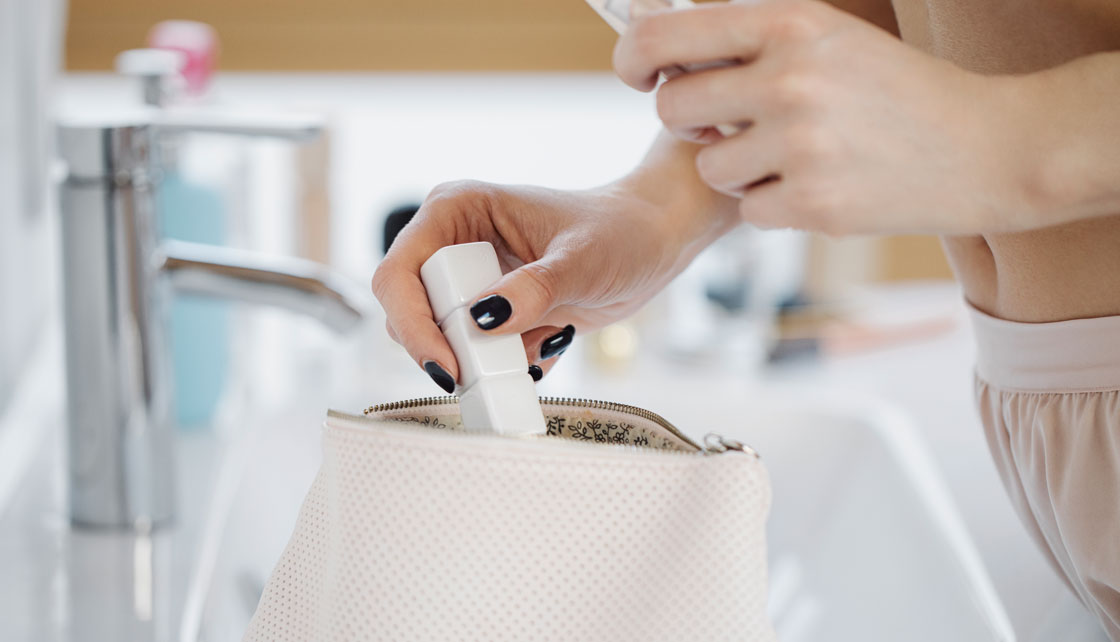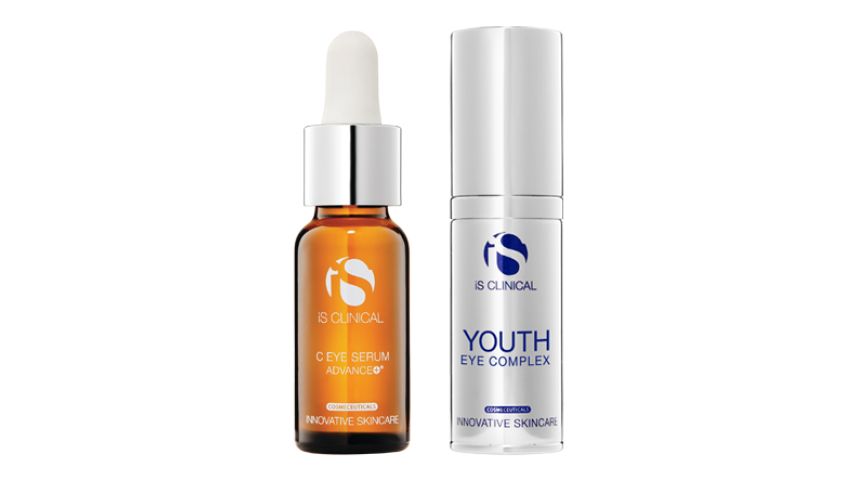Caring for your Skin during Cancer Treatment

When it comes to our physical appearance and cancer treatments and therapies, the first initial thought is hair loss – “Will I lose all my hair?”
Although hair loss, thinning and damage is a major side effect of many cancer-beating drugs, our skin and nails can often take a battering too and need just as much TLC throughout your treatment as every other part of you does.
As your body's first line of defence, your skin is often one of the areas of the body that is most commonly affected by cancer treatments. The good news is that these side effects are often temporary and there are plenty of things you can do to help ease your symptoms.
Intervene
If you are unfortunate to experience a skin reaction with your treatment, notify your doctor immediately. Intervention is the key here to stop side effects from worsening. Make a note of any changes to your skin that you experience and bring them to the attention of your healthcare team.
Dry and itchy skin is very common, and can be eased with an intensive moisturising lotion such as E45. Stick to lotions that contain no perfumes or fragrance, as these may irritate the skin more.
Skin rashes are extremely common with cancer patients, but it is always best for your healthcare team to check these out before you apply lotions at home or cover with cosmetics.
Don’t Layer
Cosmetics are usually perfectly fine to use whilst going through cancer therapy. If your skin has been feeling dry, sore and tight, then it is best to use only one product at a time and not layer them. This may overload your already sensitive skin. Often, cancer therapies can cause the skin itself to change and react to new chemicals and lotions, so what used to always be your favourite skin cream or foundation may now be your worst nightmare.
Also be aware that any acne-like rashes that appear on your face should be left alone. Trying to get rid of these by using acne creams and lotions may cause more irritation. Again, get these checked out before applying any chemicals to the area.
Fight the Itch
Many cancer treatments cause the skin to slow down and affect its ability to renew itself. This side effect is responsible for the annoyance that is itchy skin.
To combat itchy skin use lotions that are fragrance-free and that help retain moisture, such as E45 or Aveeno. Apply them twice a day and within 15 minutes after washing. When showering and bathing keep your water lukewarm instead of hot and avoid using scrubs and loofahs. Make sure you mention your itchy skin to your healthcare team, as they can help select the best treatment for you. Often going fragrance-free with soaps, creams and detergents can radically help your skin.
Don’t itch! It’s tempting we know, but itching skin that is taking a battering from cancer can make it worse. Look for creams that contain anti-itch properties such as menthol and camphor (E45 do a great one), or if possible, consider taking an antihistamine.
Nail It
Texture and colour changes with nails are common in cancer patients. While prevention is difficult, there are simple steps to help you manage the changes.
Keep your nails trimmed and wear gloves when working with your hands. During chemotherapy, avoid manicures and pedicures, and do not trim your cuticles.
If you have extreme discolouration, try using a dark, water-based nail polish that is free of harsh chemicals such as dibutyl phthalate, toluene and formaldehyde. Because nail polish remover can be damaging, try not to change your nail polish too frequently. Once you have completed chemotherapy, you can resume manicures and pedicures and use a nail strengthener or a natural supplement, such as biotin.
Take Care in the Sun
Almost all cancer therapies and radiations make your skin extra sensitive to the sun, so wearing a high SPF – no matter what time of the year – is all important.
Macmillan Cancer Support’s quick skin and nail care tips:
To look after your skin, you can:
- Avoid soap and perfumed products
- Gently cleanse your face, avoiding products containing alcohol
- Use a moisturiser at least once a day
- Use emollient creams to relieve itchy skin
- For oily skin, use a wash-off cleanser followed by an oil-free moisturiser
- Use foundations, bronzers and green-tinted primers to control changes in skin tone
- Protect yourself against the sun
- Avoid scratching or wet-shaving your skin
To look after your nails, you can:
- Use a nail-strengthening cream, hand cream and cuticle cream
- Use an emery board instead of cutting your nails
- Use nail varnish to hide discolouration, but not if your nails are split
- Wear gloves when doing chores
- Wear comfortable shoes
- Don’t wear false nails





